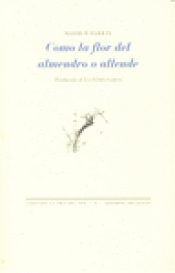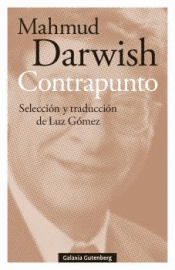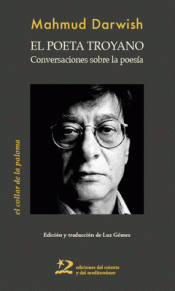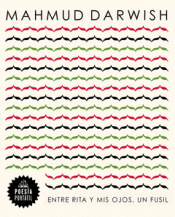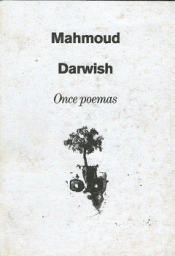On March 13, 1941 Mahmoud Darwish was born in Al Birweh, Palestine, into a land-owning Sunni Muslim family. During the establishment of the State of Israel in 1948, his village was destroyed and his family fled to Lebanon. They returned the following year, secretly re-entering Israel.<BR><BR>As a young man, Darwish faced house arrest and imprisonment for his political activism and for publicly reading his poetry. He joined the official Communist Party of Israel, the Rakah, in the 1960s. In 1970, he left for Russia, where he attended the University of Moscow for one year, and then moved to Cairo. He lived in exile for twenty-six years, between Beirut and Paris, until his return to Israel in 1996, after which he settled in Ramallah in the West Bank.<BR><BR>Considered Palestine's most eminent poet, Darwish published his first collection of poems, Leaves of Olives, in 1964, when he was 22. Since then, Darwish has published approximately thirty poetry and prose collections which have been translated into more than twenty-two languages.<BR><BR>Some of his more recent poetry titles include The Butterfly's Burden (Copper Canyon Press, 2006), Unfortunately, It Was Paradise: Selected Poems (2003), Stage of Siege (2002), The Adam of Two Edens (2001), Mural (2000), Bed of the Stranger (1999), Psalms (1995), Why Did You Leave the Horse Alone? (1994), and The Music of Human Flesh (1980).<BR><BR>Darwish was an editor for a Palestine Liberation Organization monthly journal and the director of the group's research center. In 1987 he was appointed to the PLO executive committee, and resigned in 1993 in opposition to the Oslo Agreement. He served as the editor-in-chief and founder of the literary review Al-Karmel, published out of the Sakakini Centre since 1997<BR><BR>About Darwish's work, the poet Naomi Shihab Nye has said, "Mahmoud Darwish is the Essential Breath of the Palestinian people, the eloquent witness of exile and belonging, exquisitely tuned singer of images that invoke, link, and shine a brilliant light into the world's whole heart. What he speaks has been embraced by readers around the world?his in an utterly necessary voice, unforgettable once discovered."<BR><BR>His awards and honors include the Ibn Sina Prize, the Lenin Peace Prize, the 1969 Lotus prize from the Union of Afro-Asian Writers, France's Knight of Arts and Belles Lettres medal in 1997, the 2001 Prize for Cultural Freedom from the Lannan Foundation, the Moroccan Wissam of intellectual merit handed to him by King Mohammad VI of Morocco, and the USSR's Stalin Peace Prize.<BR><BR>Darwish died on August 9, 2008, in Houston, TX, after complications from heart surgery.<BR><BR>http://www.poets.org/poet.php/prmPID/1062

